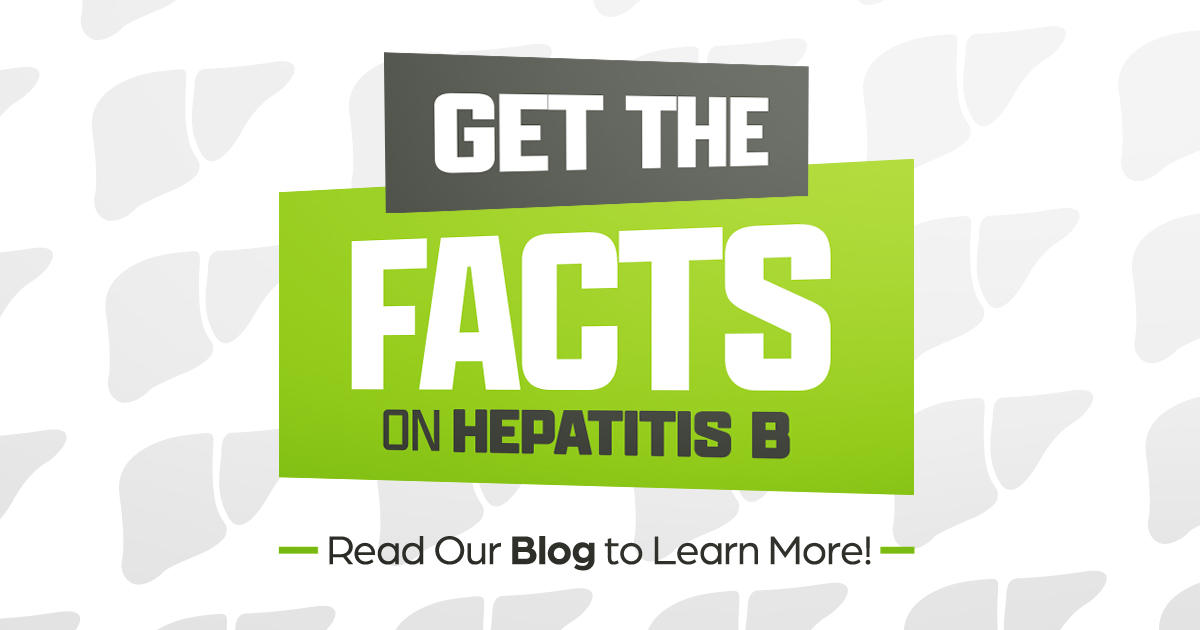
Like many other liver diseases, hepatitis B is a “silent epidemic” because most people do not have symptoms for most of the disease progression. It is one of the most common serious liver infections globally and in the state of Arizona, despite the fact it’s preventable and treatable. It’s time to get the facts on hepatitis B.
What is Hepatitis B, and How Does it Affect the Liver?

Hepatitis B (HBV) is a viral infection caused by the hepatitis B virus. The word hepatitis means “liver inflammation”; in this case, HBV is the cause of the inflammation. HBV is a short-term illness for most people, while others develop a serious long-term infection. Chronic inflammation (swelling and reddening) can lead to liver damage, cirrhosis (hardening or scarring), liver cancer, and in some cases death.
Hepatitis B spreads when bodily fluids like blood or semen from a person with the virus enter the body of someone without HBV. This can happen through:
- Sexual contact
- Sharing needles, syringes, or other IV drug use equipment
- From mother to baby at birth.
Not everyone experiences symptoms with HBV. Symptoms include fatigue, loss of appetite, stomach pain, nausea, and jaundice for those who do.
Hepatitis B is Treatable and Preventable
The treatments your healthcare provider recommends will depend on the type of hepatitis B you have, acute or chronic.
- Acute hepatitis B infections
- Short-lived infections typically require that you get plenty of rest, drink lots of fluids, and maintain a nutritious and healthy diet to give your body the support it needs as it fights off the infection.
- Chronic hepatitis B infections
- There are seven FDA-approved drugs for hepatitis B for chronic, long-term infections. Two are injectable treatments that help boost the immune system to fight off the virus. The five other options are antivirals you take orally. These treatments help reduce inflammation and damage to the liver.

The hepatitis B vaccine is available and recommended for all infants at birth and children up to 18 years. Since everyone is at some risk, all adults should consider getting the vaccine since it provides a lifetime of protection against a preventable chronic liver disease. Even more so, for those adults living with diabetes and those with an increased risk for infection (job, lifestyle, etc.).
Arizona and Hepatitis B
HBV disproportionately affects Asians and Pacific Islanders, which is also a growing population in Arizona. According to the CDC, Asian and Pacific Islanders make up less than 5 percent of the U.S. population. However, this community of those living with hepatitis B.

Increasing awareness with community education and improving how HBV is detected and treated through clinical research studies has never been more critical. Arizona Liver Health has new hepatitis b studies starting soon! Visit our website to learn more about hepatitis b or contact us at (480) 470-4000.
Sources:
https://www.hepb.org/what-is-hepatitis-b/what-is-hepb/
https://my.clevelandclinic.org/health/diseases/4246-hepatitis-b



